|

Alliant Health Solutions is a strategic partner with Morehouse School of Medicine within the National COVID-19 Resiliency Network (NCRN). The Network was established to mitigate the impact of COVID-19 on priority populations. NCRN is created for the community, by the community with the intent to ensure the diverse needs of our nation are understood and addressed. Together, we can reduce the negative outcomes and impact of COVID-19 on our communities. Will you join us? Click HERE and subscribe to the NCRN newsletter or join the Regional Community Coalition to let your voice be heard.
National COVID-19 Resiliency Network (NCRN)
Strategic Partner Monthly Information and Resources
In This Issue
View and Download Resources from Alliant Health Solutions
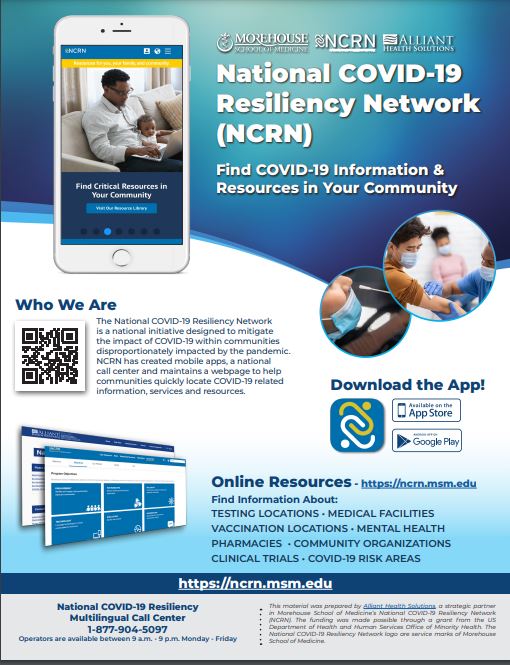 Bite-sized Learning Videos: Bite-sized Learning Videos:
NCRN Resource One-Pager
The Latest COVID-19 Information
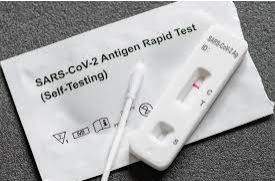
- COVID-19 (Coronavirus) Misinformation Checklist - Before you share something on social media, check the misinformation checklist HERE.
- COVID-19 In-home Self-Test Instructions - Now that people have ordered and received at-home COVID-19 self-test kits, they can earn how to use properly use them. The CDC has developed videos to help, based on the brand of kit. Click HERE to access the videos.
- National Indian Health Board: COVID-19 Tribal Resource Center - The National Indian Health Board is leading a national effort to respond to COVID-19 and create resources that will be informative and helpful to Tribes and Tribal members. Click HERE to learn more.
- Treatments Your Physician Might Recommend If You are Sick - If you test positive for COVID-19 and have one or more health conditions that increase your risk of becoming very sick, treatment may be available. Contact a health professional right away after a positive test to determine if you may be eligible, even if your symptoms are mild right now. Don’t delay. Treatment must be started within the first few days to be effective. Click HERE to learn more.
Mental Health and Wellbeing
 Managing Stress Associated with the COVID-19 Virus Outbreak - The COVID-19 outbreak has had the potential to increase stress and anxiety, both because of the fear of catching the virus and also because of uncertainty about how the outbreak will affect us socially and economically. There are practical steps you can take to improve your wellbeing. Click HERE to learn more. Managing Stress Associated with the COVID-19 Virus Outbreak - The COVID-19 outbreak has had the potential to increase stress and anxiety, both because of the fear of catching the virus and also because of uncertainty about how the outbreak will affect us socially and economically. There are practical steps you can take to improve your wellbeing. Click HERE to learn more. - There’s an App for That - The US Department of Veteran Affairs has developed several self-help apps to provide education and support following trauma. These apps are not intended to replace needed professional care and were created to help with related issues affecting people with PTSD. Click HERE to learn more.
- Healthy Monday for Workplace Wellness: The Monday Campaign is a public health initiative associated with leading health institutions that seek to reduce the incidence of preventable diseases by dedicating every Monday to health. Research shows that healthy thinking and behavior are synchronized with the week, with Monday being the day people are most open to positive change. The Healthy Monday Workplace Wellness is a 12-week series designed to offer users a unique practice every Monday to help them stay active and stress-free during the workday. To get started, click HERE.
Children and Families
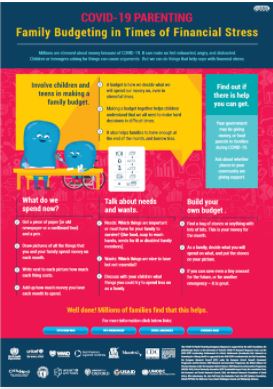 Creating a Family Budget in Times of Financial Stress - Millions are stressed about money because of the pandemic. Children or teenagers asking for things can cause more stress on their parents and guardians. Click HERE to discover ways to involve the children in making a family budget. Creating a Family Budget in Times of Financial Stress - Millions are stressed about money because of the pandemic. Children or teenagers asking for things can cause more stress on their parents and guardians. Click HERE to discover ways to involve the children in making a family budget. - COVID-19 and Your Child’s Mental Health - Watch for signs of depression during COVID-19 and know how to support your child’s mental well-being. The number of children and teenagers seeking help for anxiety or depression during the pandemic has increased across the country. Click HERE to learn more ways to support your child’s mental health from Children’s Health.
- Online Safety Resources for K-12 Schools and Students- SchoolSafety.gov offers a variety of resources, programs, and tools that school communities can use to bolster and enhance student online safety.
-
COVID-19 and Animals: What You Need to Know - A number of animals worldwide have been infected with the virus that causes COVID-19, including pets like cats and dogs, farmed mink, and large cats, gorillas, and otters in zoos, sanctuaries, and aquariums. Reptiles and birds have not been affected by this virus. The risk of animals spreading the virus to people is low, but people with COVID-19 can spread the virus to animals during close contact. The CDC provides guidance for pet owners, public health professionals, animal health and wildlife officials, veterinarians, and others on how to prevent the spread of COVID-19 between people and animals. Click HERE on how you can protect yourself and your family.
Health Equity and COVID-19
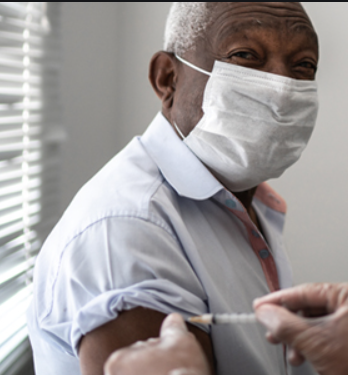
- COVID-19 resources for people with disabilities - Click HERE.
- Do’s and Don’ts When Talking to Others About COVID-19- Talking directly with friends and family can be an effective way to encourage them to get vaccinated or take other steps to be safe from COVID-19. Click HERE for the Dos and Don'ts worksheet.
- Double Jeopardy: COVID-19 and Behavioral Health Disparities for African American and Latino Communities in the U.S. - The COVID-19 pandemic has revealed deep-seated inequities in health care for communities of color and amplifies social and economic factors that contribute to poor health outcomes. Click HERE to read more.
- COVID-19 Cases and Deaths by Race/Ethnicity: Current Data and Changes Over Time - Over the course of the COVID-19 pandemic, analysis of federal, state, and local data have shown that people of color have experienced a disproportionate burden of cases and deaths. The studies have shown particularly large disparities in cases and deaths for African American and American Indian and Alaskan Native (AIAN) people and in cases among Hispanic people compared to their White counterparts. Based on weekly data on COVID-19 infections and deaths from CDC, this analysis examines racial disparities in COVID-19 cases and deaths and how they have changed over time. It updates an October 2021 analysis to reflect data through early 2022 amid the recent surge associated with the Omicron variant. Read more HERE.
Additional Health Considerations
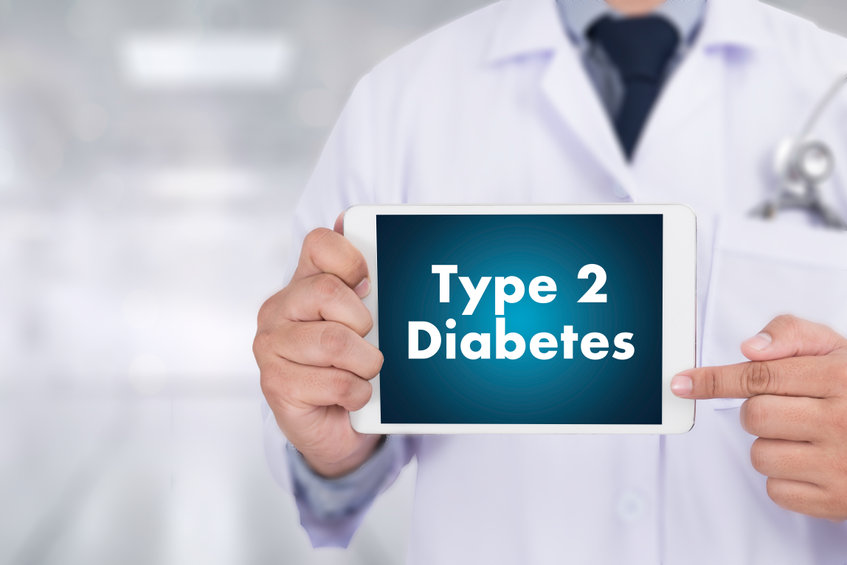
- Annual Wellness Visits - If you’ve had Medicare Part B (Medical Insurance) for longer than 12 months, you can get a yearly “wellness visit" once every 12 months to develop or update a personalized prevention plan to help prevent disease and disability, based on your current health and risk factors. Click HERE to learn more.
- Million Hearts Launches Their 2027 Priorities - Every 36 seconds in the United States, an adult dies from cardiovascular disease (CVD). These are mothers, fathers, sisters, brothers, and friends—all gone because of a disease that is largely preventable. To optimize the possibility of preventing one million preventable CVD events in the next five years, Million Hearts® prioritized strategies for building healthy communities and optimizing care through a committed focus on specific populations experiencing inequities. View the priorities HERE.
- Cleveland Clinic Survey - A Cleveland Clinic survey finds 41% of Americans have experienced at least one heart-related issue since the beginning of the COVID-19 pandemic in early 2020, with top issues including shortness of breath (18%), dizziness (15%), increased blood pressure (15%) and chest pain (13%). In addition, about one in four Americans (27%) who have tested positive for COVID-19 report that their diagnosis has impacted their heart health. Read the report HERE.
- The Facts, Stats, and Impacts of Diabetes - The more you know about diabetes, the more you can do about preventing it, delaying it, or lessening its harmful effects. Chances are, you know someone with diabetes. It may be a friend, a family member, or even you. The best way to prevent or manage any harmful health condition is to be informed. We want to help you be in the know. Learn about the facts, stats, and impacts of diabetes. Click HERE to learn more.
We want to hear from you! Please provide your feedback regarding this month's message.
Click HERE to access the one (1) question survey or scan the QR code.
- Find essential COVID-19 resources in 10 languages
- Subscribe to the NCRN newsletter
- Join the Regional Community Coalition
- Download the NCRN mobile app. iOS version or Android version
- Call the NCRN Multilingual Call Center at 1-877-904-5097 for assistance in 400 languages. Operators are available Monday-Friday between 9 a.m.- 9 p.m. EST.
STACY HULL, LPC MAC CPCS,
Program Manager
stacy.hull@allianthealth.org
O 678.527.3478 | c 404.951.2575
|